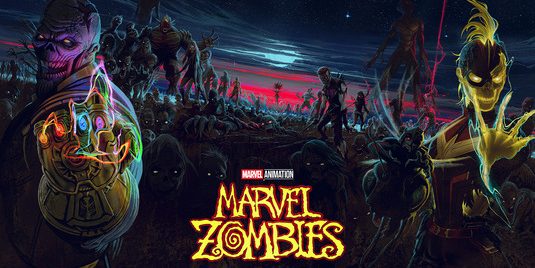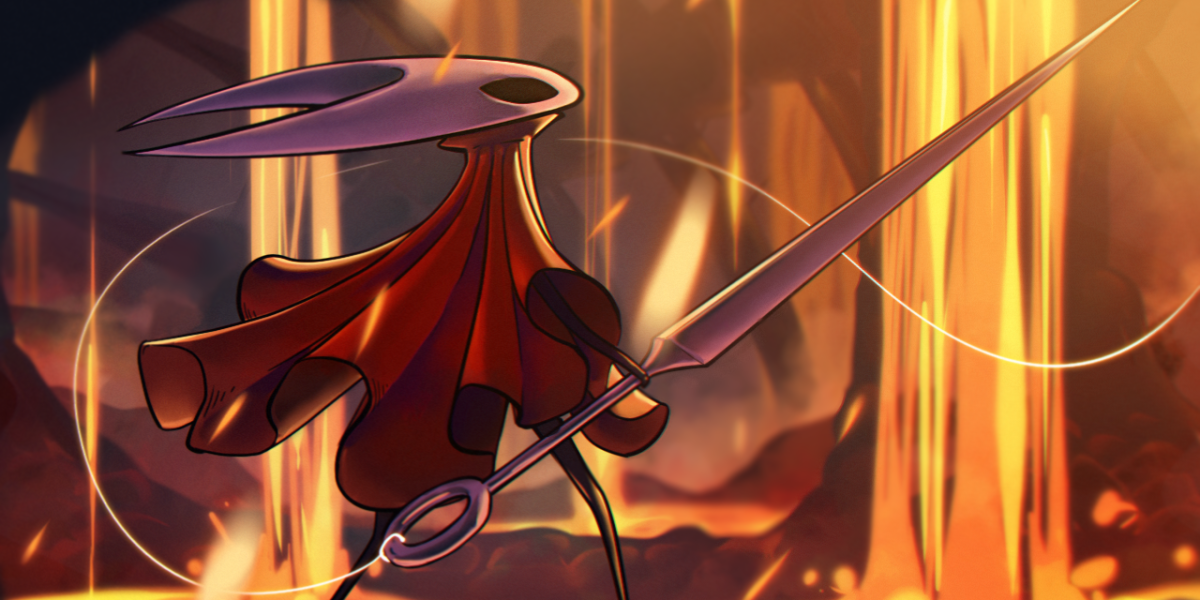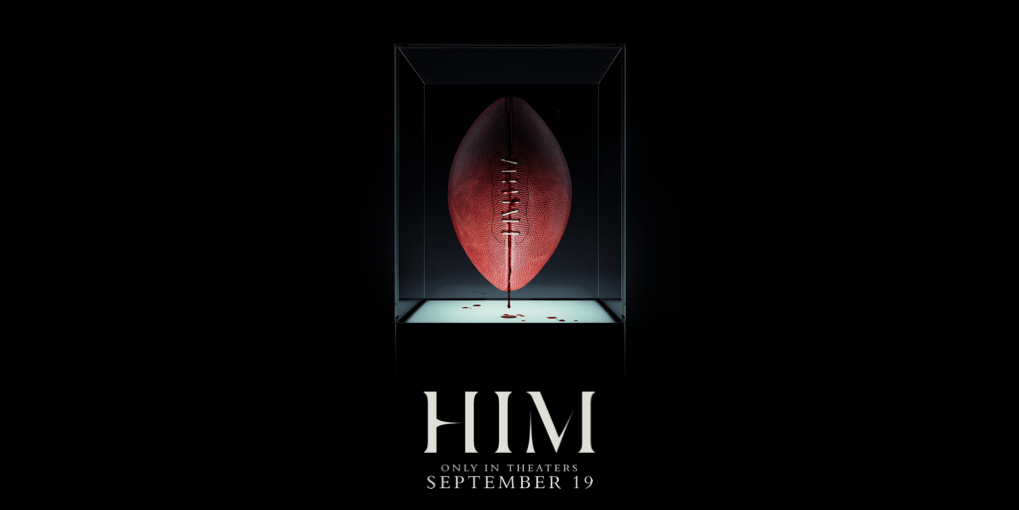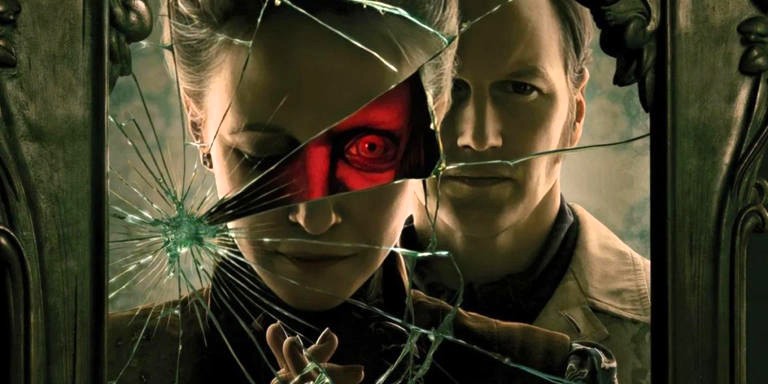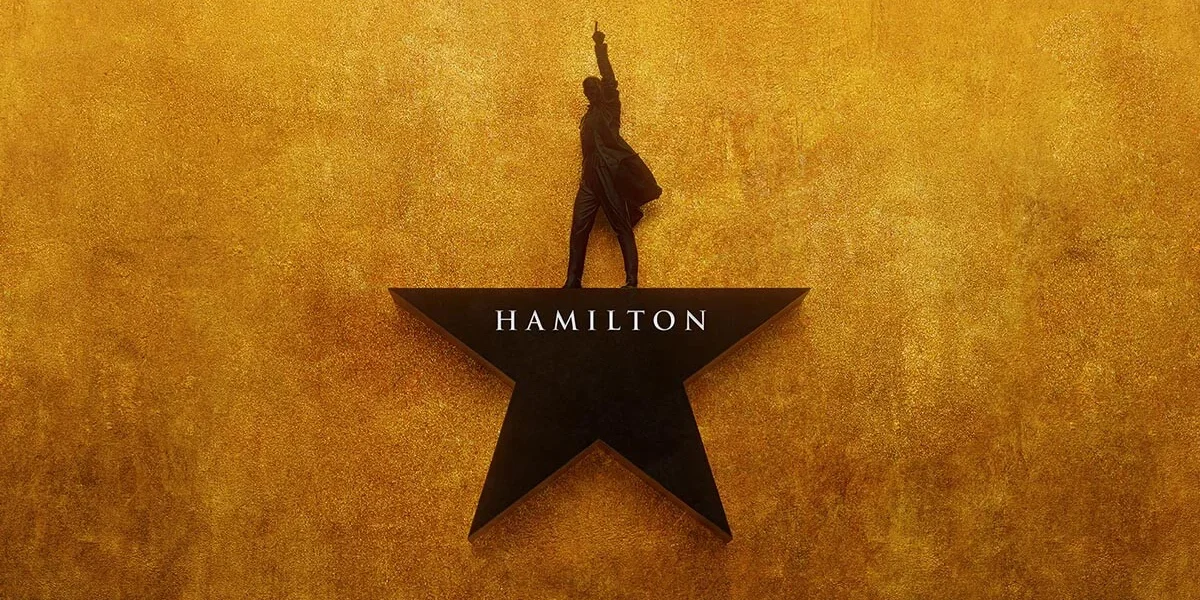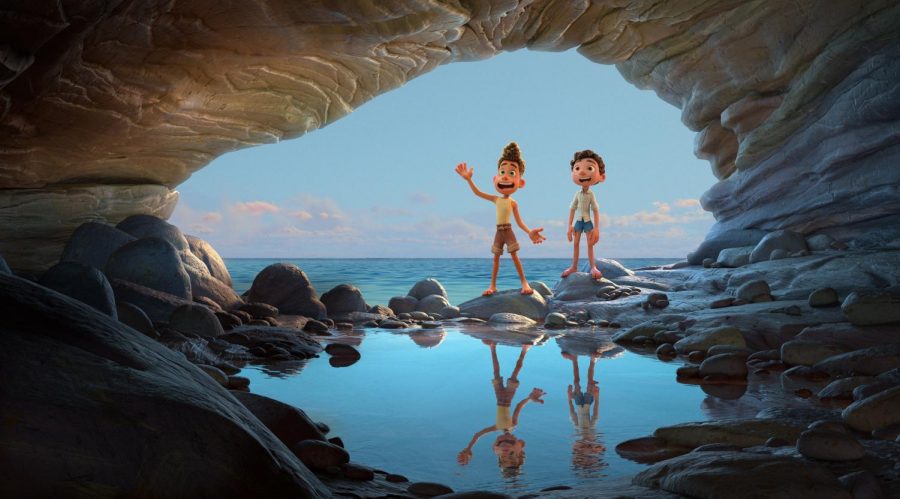Why Luca Felt Empty
A look into the letdown that was Luca, Pixar’s newest film
Courtesy of Walt Disney Studios
Luca and Alberto explore a sea cave along the shore. While the whimsical story of Luca was fun and enjoyable to watch, it left many yearning for more emotional sustenance.
August 20, 2021
Pixar’s newest film Luca looked to be promising. Released in June, and directed by Enrico Casarosa (Luca is the first feature film Casarosa has directed), Luca features a distinguished cast starring Jacob Tremblay as the title role. Following the recent Oscar-winning films Coco, Toy Story 4, and Soul, Pixar faced immense pressure in releasing this film. Nevertheless, it’s safe to say that Luca does not live up to the reputation of Pixar’s other transformative and innovative films. Luca was disappointing and rare deviance from the Pixar catalog.
The film begins following a young sea monster named Luca (Jacob Tremblay), who shepherds a school of small fish by a dwelling along the bottom of the seafloor off the coast of Portorosso, a small Italian village reminiscent of the Italian Riviera. Although Luca lives peacefully and his family is content, he yearns for something more. His curiosity eventually leads him to disobey his parent’s fears—exploring above the surface in the human world. On dry land, he meets a young boy named Alberto (Jack Dylan Grazer), who, similar to Luca, is a sea creature below water and a normal-looking human above water.
This gimmick leads to some funny moments throughout the film because the pair must avoid touching the water in public which, of course, would reveal their identity. Luca and Alberto instantly form a bond and spend their summer days experimenting, exploring, and hanging out with each other in Alberto’s dwelling. Before long their ambitions lead them to travel to Portorosso in search of a “Vespa”—a motorbike. The story picks up from there. Luca and Alberto search the town for a way to get a Vespa. Along the way, they run into the despicable and obnoxious bully of the town—Ercole Visconti (Saverio Raimondo)—who owns a red Vespa and is the longtime champion of the Portorosso Cup—an annual triathlon held in town. It then becomes the goal of Luca and Alberto to win the Portorosso Cup, not just for the winnings, but to defeat Ercole and end his reign. Meanwhile, Luca’s parents are searching for him to bring him back to the sea.
There’s a lot to unpack from this. On one hand, the cinematography of this movie is spectacular. The animation is stunning. Nearly every scene boasts photo-realism, every moment with water looks superb. Pixar proves once again why they set the standard for animation with this excellent-looking film. The converging plotlines make the premise of the story seem compelling. The setting looks interesting and colorful. Yet, the biggest takeaway from this movie was that it just doesn’t take itself seriously. The stakes are laughable—the driving force of the film is a scooter.
There’s also hardly the emotional tug that I’ve come to expect from a Pixar movie. Wherein the past, the Pixar movies have had deep themes for both young and old audiences, this movie feels geared entirely for children. Even Disney seems like it didn’t have earnest feelings for this film. Luca didn’t receive a theatrical release—nor a “premier access” title on Disney+. Just a straight-to-DVD. Disney also failed to bring depth to the initial appeals Luca had. The gorgeous Italian setting—which had the potential to be as immersive as the world in Coco—felt unexplored and underutilized. And after watching Soul, an emotional masterpiece, this film simply feels empty. It was hardly thought-provoking. Most importantly, the ramifications of the main conflict in the third act are resolved within minutes. Had the audience been able to dwell longer with the poor choices Luca made, perhaps the hollow feeling present would dissipate.
Don’t get me wrong—Luca was an enjoyable film. With a charming ensemble of main characters, funny gimmicks, and amazing visuals, this is an excellent film for kids. But it’s just that—a film meant for kids. It lacked the moving, inspiring, and touching moments that made all the other successful Pixar films better. Unfortunately, this film doesn’t push the boundaries of innovation and it’s a far cry from the quality of the previous Pixar masterpieces.























